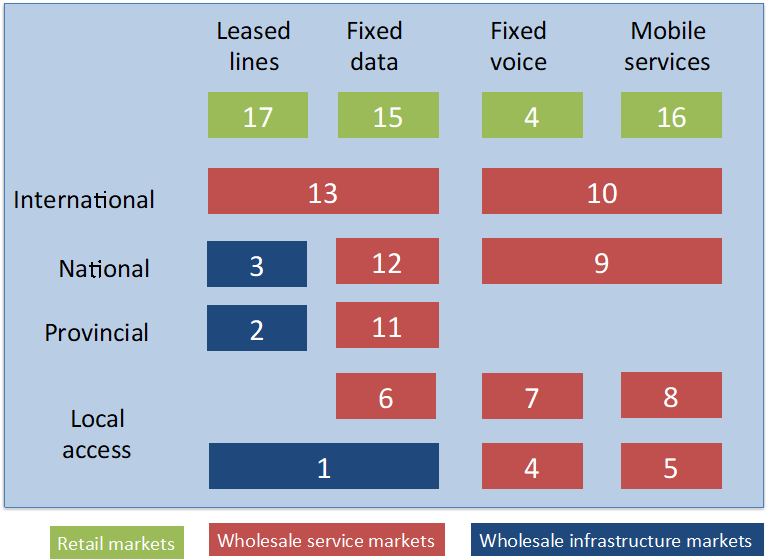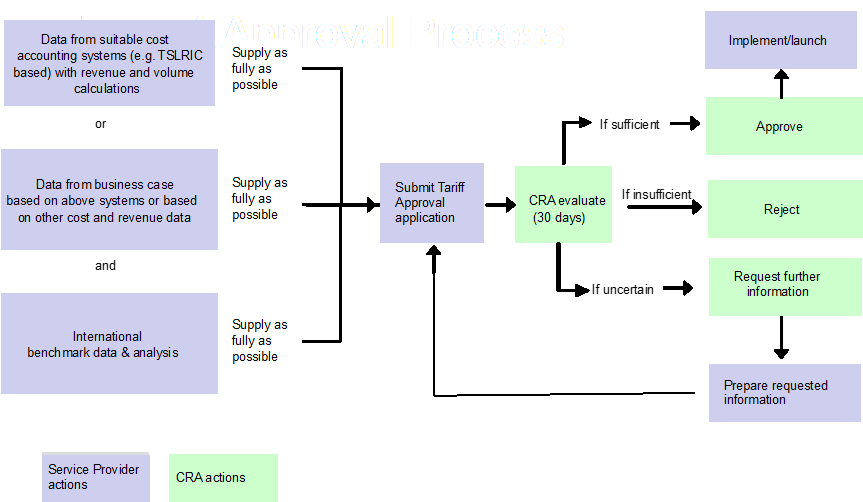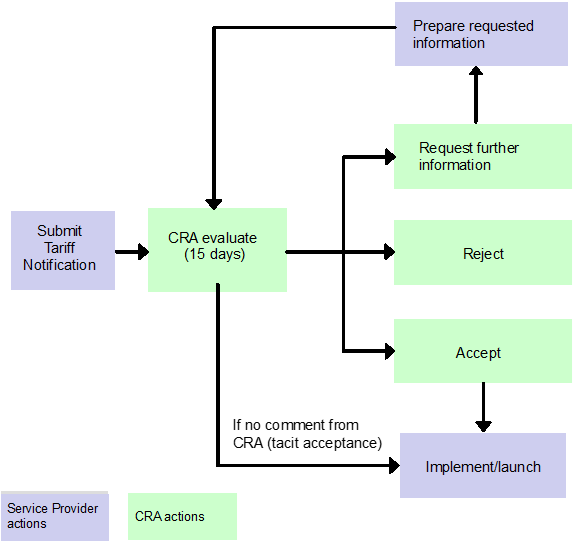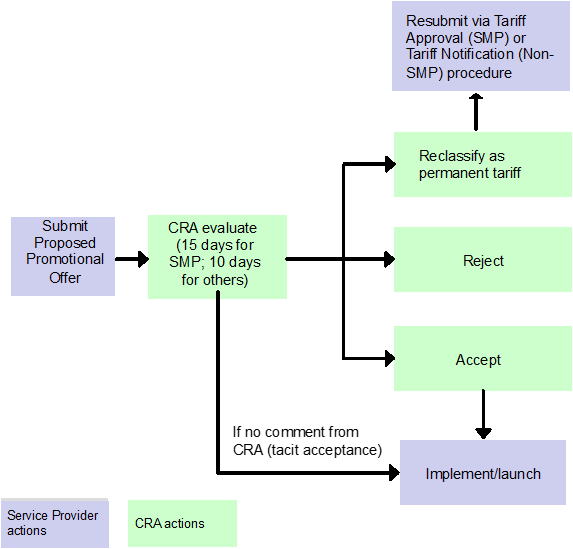Iran tariff approval and notification procedures
27.08.2020Introduction
In 2016, after receiving advice from international consultants, the Communications Regulatory Authority (CRA) of Iran introduced comprehensive procedures for the filing of all telecommunications tariffs and for the review and approval of those tariffs that required specific approval.
Prior to 2016, the CRA reviewed all tariff filings and subjected all filings to similar processes. The new procedure ensured that regulatory resources were directed to greater scrutiny of tariffs for services in markets where the operators had significant market power (SMP) and were not directed to the ex-ante examination of tariffs for services in markets that were considered to be effectively competitive, or to time-bound or other promotional offers.
Market analysis
The CRA undertook a market analysis in which markets were defined and assessed in terms of competitiveness. The participants on each market were identified, and they were assessed in terms of significant market power. The relevant markets defined by CRA included both retail and wholesale markets, and within the wholesale category, some related to infrastructure access and some related to fully defined services (such as services for resale by wholesale operators):
- Wholesale physical network infrastructure and facilities access (including passive infrastructure).
- Wholesale provincial leased lines (i.e. wholly within a province).
- Wholesale national leased lines (i.e. crossing provincial boundaries).
- Call termination on individual fixed networks.
- Call termination on individual mobile networks.
- Wholesale broadband access.
- Fixed network call origination.
- Mobile network call origination and access to wholesale mobile services and facilities.
- National call transit (across provincial boundaries).
- International call transit (for inbound and outbound international calls).
- Wholesale provincial transmission capacity (i.e. wholly within a province).
- Wholesale national transmission capacity (i.e. crossing provincial boundaries).
- Wholesale international transmission capacity.
- Retail fixed voice.
- Retail fixed data.
- Retail mobile services.
- Retail leased lines.
The figure below shows how the markets were categorized.

Source: CRA.
In the wholesale markets, suppliers designated with SMP have to offer cost-based prices, generally based on TSLRIC+ (total service long run incremental costs plus a mark-up for common costs). In the retail markets, SMP operators have to follow the tariff approval procedures described below. For non-SMP suppliers, less onerous tariff notification rules apply for all retail services and for some wholesale services.
Tariff approval process for SMP service providers
The tariff approval process is applied to service providers with SMP in the markets to which the tariffs relate. The approval process is set out in the diagram below.

Source: CRA.
Tariff notification process for service providers without SMP
The tariff notification process is applied to service providers who do not have SMP in the markets to which the tariffs relate. The notification process is set out in the diagram below.

Source: CRA.
Policy on promotional price offers
The CRA has to deal with the same issues in relation to time-bound offers or promotional price offers that tend to occur in most jurisdictions. Public policy suggests that consumers should have the benefit of promotional and short-term offers, and that the regulatory processes for vetting price proposals in this category should be as expeditious as possible. However, many jurisdictions have the problem of continuing or back-to-back short term offers displacing permanent tariffs and of avoiding the scrutiny that may be appropriate for permanent tariffs, particularly where they relate to services in markets where the service provider has SMP.
The approach adopted by the CRA enables it to determine that a price proposal should be submitted as a permanent tariff change. Generally, the CRA will accept price proposals as promotional offers, subject to an expedited regulatory process, if the service is either:
- a time-limited offer that is not intended to become an ongoing tariff which will cease on or before 30 days, and which has not been offered in the same or similar form for at least five months; or
- a genuinely new service or service option that is being market tested for up to three calendar months after which, if proven in the market, the offer will become an ongoing tariff, and if not, the offer will be withdrawn.
The process is described in the diagram below.

Source: CRA.
Wider significance
The approach to price regulation in Iran is a good example of a comprehensive tariff approval and notification process that clearly distinguishes tariffs that need approval from those that need only be notified. In addition, the approach includes a solution to the widespread regulatory challenge of processing promotional price offers.
Last updated on: 19.01.2022